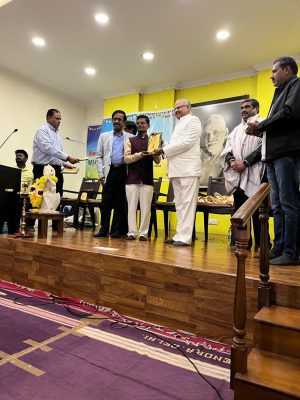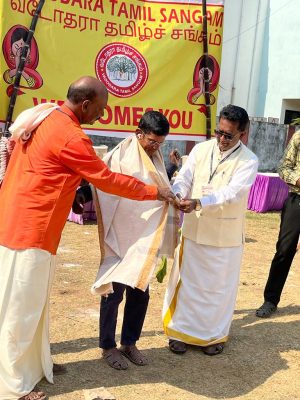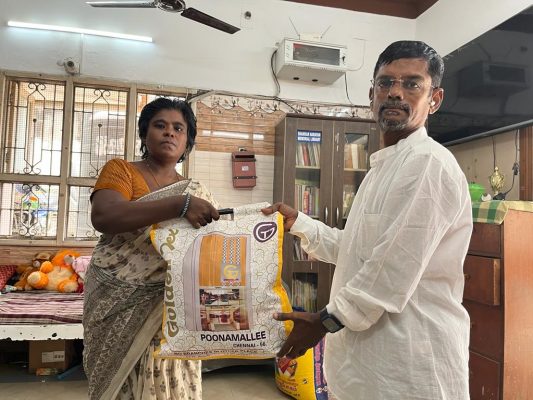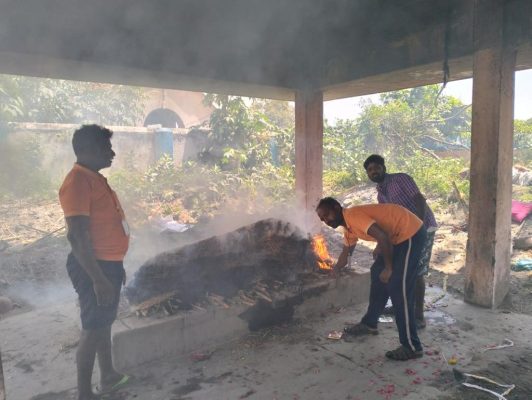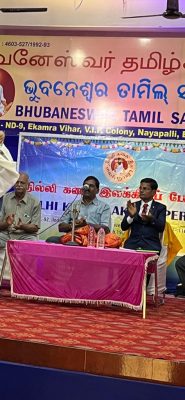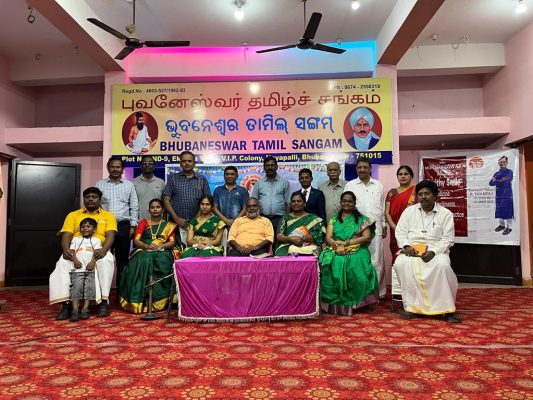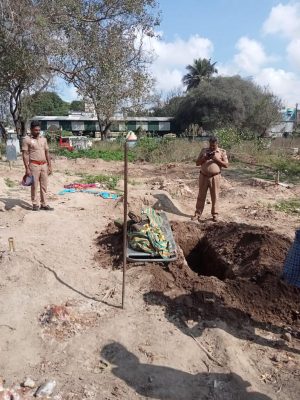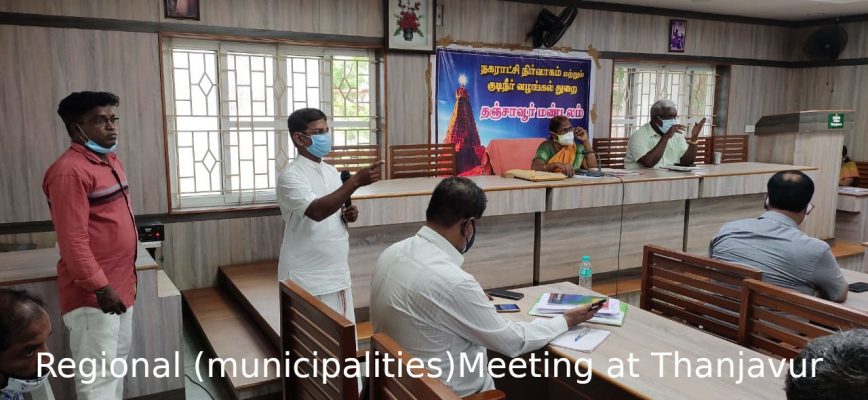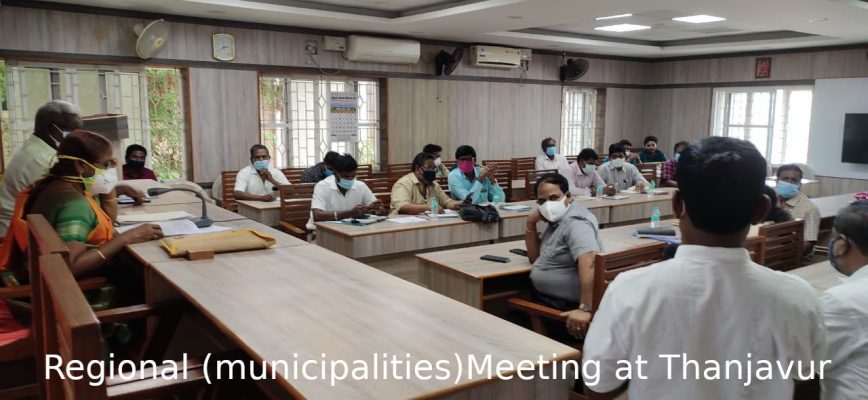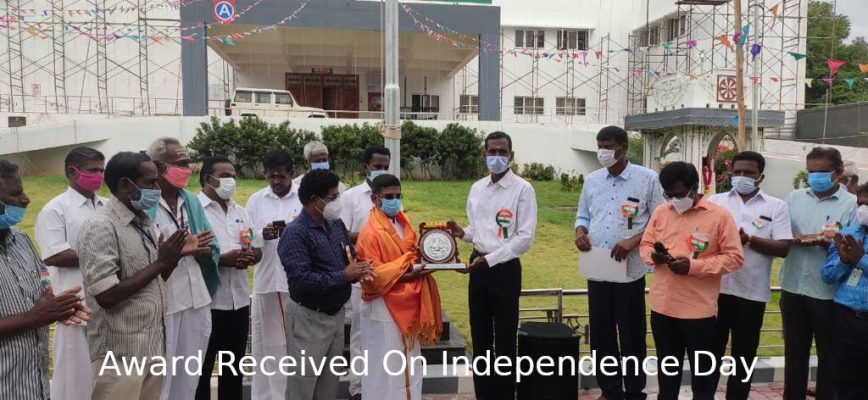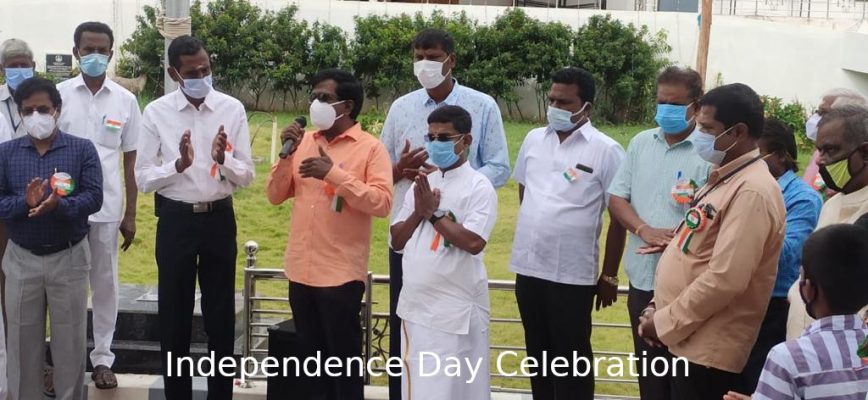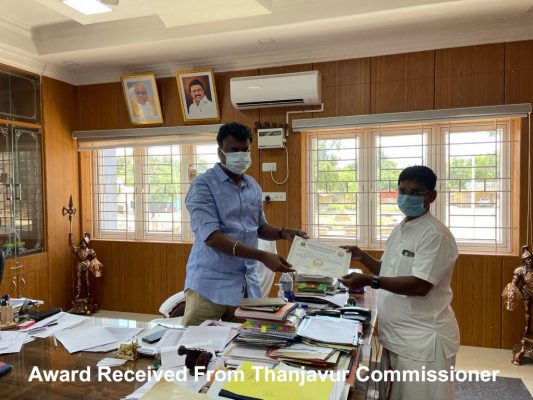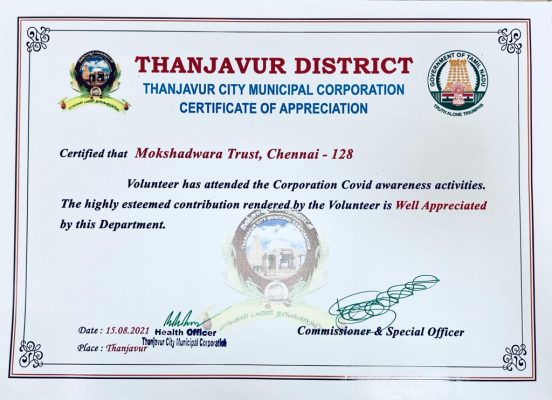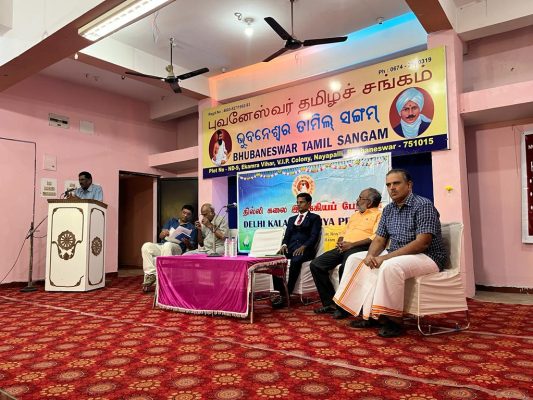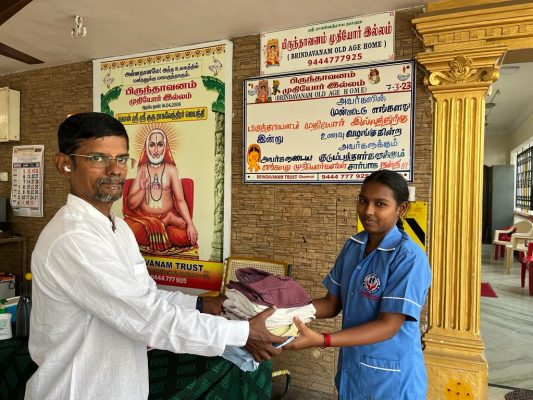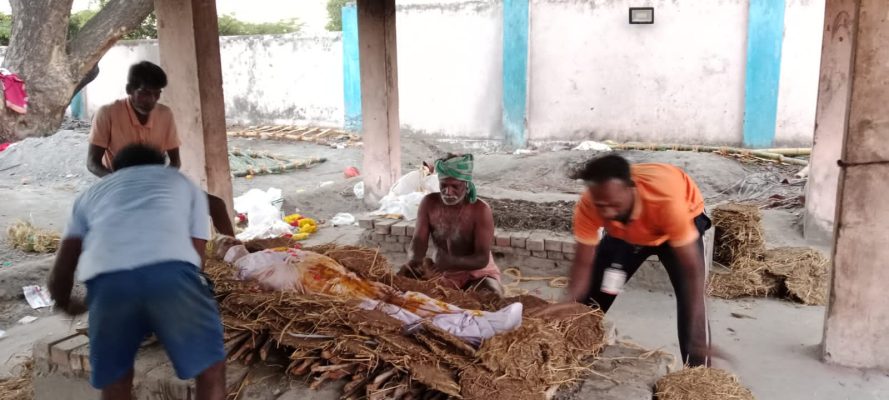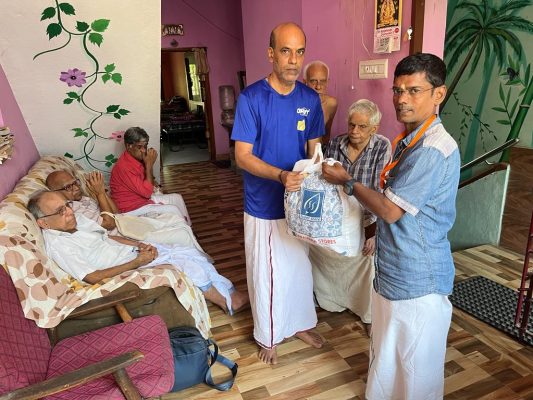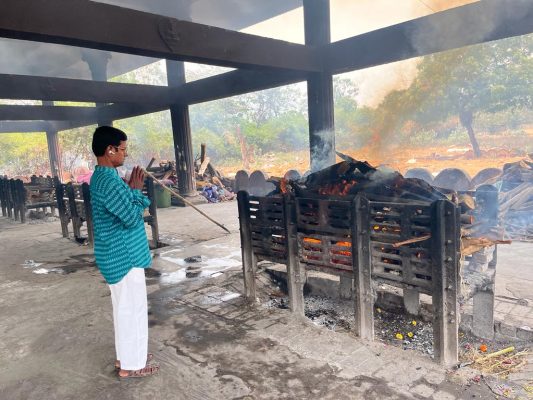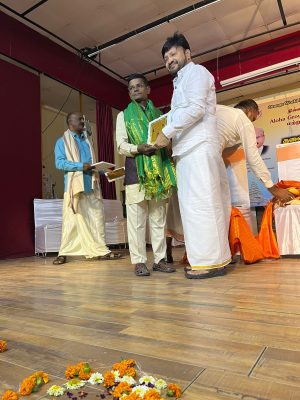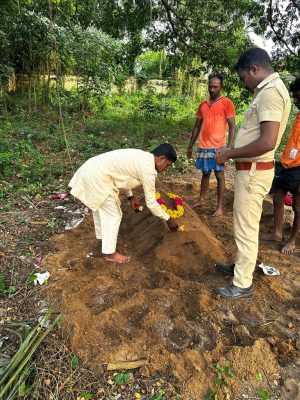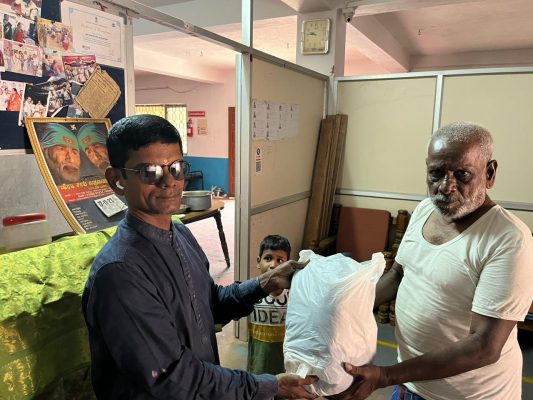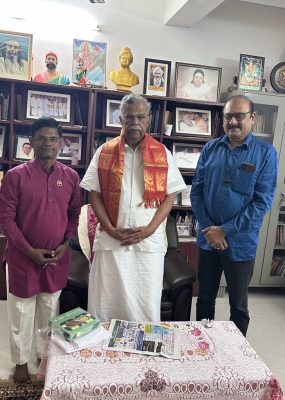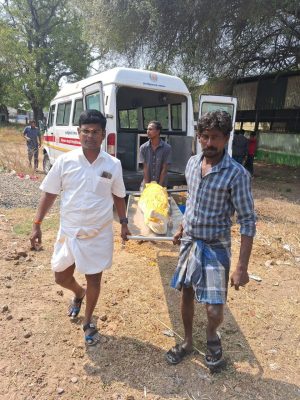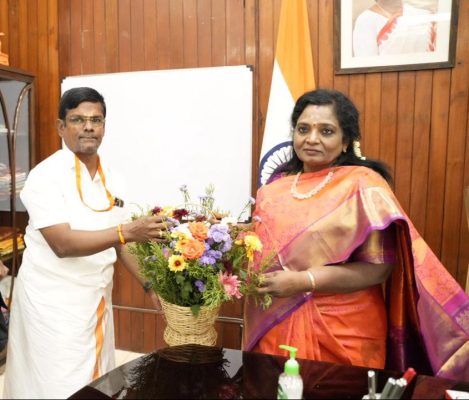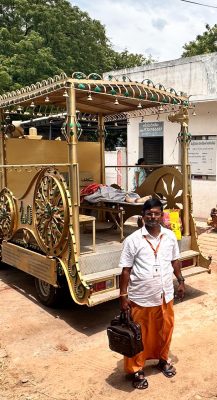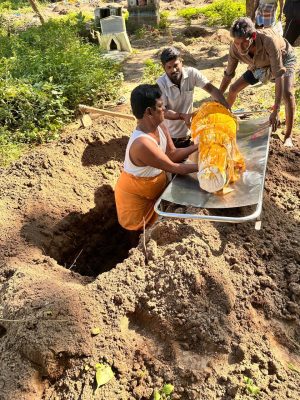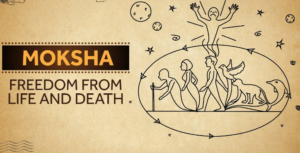 |
Moksha is that the hottest word utilized in every religion to denote the last word or the ultimate liberation. It’s not only the very best goal of all spiritual paths and practices but also the very best state (parandhama) to which a mortal being (jiva) can ascend. Other Sanskrit words which are wont to describe it are Mukti, Kaivalya, Laya, Moksha, Nirvana, Sayujya, Jnanodaya, Siddhi and Samadhi. Liberation isn’t the liberty of the mind or body but freedom of the soul. it’s also its wild (sahaja). In liberation the soul doesn’t gain anything or lose anything, nor does it undergo any transformation. It simply returns to its natural and original state and shines in its own light when the impurities of the mind and body that surround it are completely dissolved.
According to every religion, neither dying nor getting to heaven constitute true liberation. Death may be a simple release from the body but not from the hold of Nature. Upon death, a soul may wander upon earth, temporarily become stuck within the middle planes or in one among the heavens, or attain liberation. we’ve many heavens and hells. we’ve the ancestral heaven, Indra’s heaven, Brahma’s heaven, Vishnu’s heaven, Shiva’s heaven, and therefore the highest, immoral heaven of Brahman. Then, consistent with some accounts we’ve a series of seven bright worlds above the world and 7 dark worlds below the world . Our Puranas also speak of Yamalok (underworld), to which sinners go upon death where they face extreme suffering and cleansing before taking another birth. They also speak of several other worlds 1, and worlds (trsankus) that can’t be categorized as a heaven or a hell.
People may attend any of them upon their death consistent with their deeds and devotion. those that worship Vishnu and Shiva and attain liberation attend their respective heavens namely Vaikuntah and Kailasa. Devotees of both gods, who worship them because the Lords of the universe, claim them to be the very best worlds, even as the planet of Brahman which is found within the Sun. They believe that those that enter them won’t return to require birth again. consistent with Srimad Bhagavatam (10.14.21), the planet of Vaikuntah is infinite. There are innumerable Vaikuntahs. None can fathom their length and breadth.
The Vedas state that those that engage in righteous actions but haven’t attained final liberation, attend the ancestral world (pitr-lok) upon departing from here. They leave the mortal world with their subtle, casual bodies and stay there until their karmas are exhausted. Life within the ancestral world is best than the earthly life. However, it not the ultimate destiny of human souls, neither is it a perfect solution to lasting peace because it doesn’t liberate the souls from the cycle of deaths and rebirths. those that go there return again to require another birth and continue their existence upon earth. they’re going to keep repeating this cycle birth after birth, until they’re completely free from karma. Therefore, the Upanishads caution people to not become too involved the planet or with rites and rituals, since they cause the ancestral world instead of to the immortal heaven.
The concept of Moksha is additionally difficult to know , unless one is extremely conversant in related terms like bondage, rebirth, attachments, karma, binding actions and liberating actions, yoga, maya or concealment, moha or delusion, anava or egoism and prakriti or nature. They ask various forces or obstacles which keep the soul sure to the world as a neighborhood of God’s creation to make sure the order and regularity of the worlds. Souls cannot easily shake the mortal life. it’s God’s will and Nature’s design to stay them bound, in order that creation can progress in an orderly manner as ordained.


